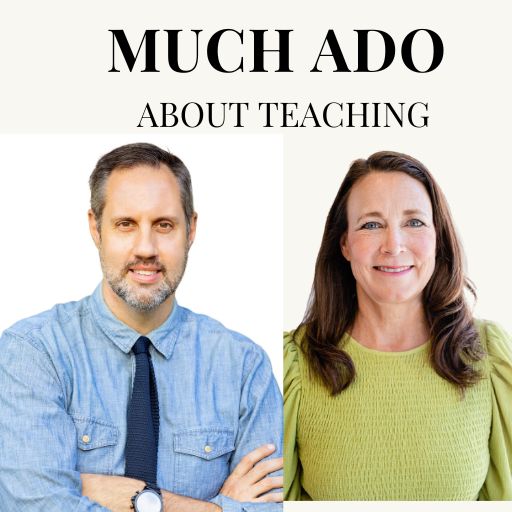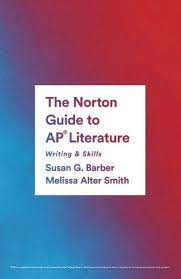I know that your back pocket has a bunch of tried and true poems, but maybe there’s room for a few more. Here are five poems all written in the last 25 years that are hidden gems. Maybe you can unwind with one each day at the end of your teaching day. Maybe you want … Continue Reading
Susan’s note: I typically have Brian Hannon join my APSIs for session to show us around LMS Voice Curriculum, a site filled with poetry resources. Not only does the site have poetry lessons that are ready to go in the classroom (with a writing workshop lesson, a literary analysis lessons, an essay prompt for the … Continue Reading
Names and numbers. I say that to my students over and over again — their college application is just a series of names and numbers. Names Numbers And while all those names and numbers will be a record of what they have done in high school, it will not show who they are. Their only … Continue Reading
With just over 1,500 people voting in this survey on the AP Lit Facebook group, most teachers are heading back to work right about now. I was in the fortunate (HA) group who went back in July and am already a full week into my year with the Class of 2023. While we all sit … Continue Reading
This June I served on the AP® Standard Setting Panel. I know that many of you have questions about the increased pass rate, and I know that I would have been firmly among the group of cynics myself if I had not been involved in the process. (Something about teaching the last two years has … Continue Reading
This post written by Gina Kortuem in the fall of 2019 originally appeared on APLitHelp.com. When I was a newer AP Lit teacher I attended a one-day AP training, as many teachers do. During one of my trainings a brilliant veteran AP teacher was going over a writing skill, then mentioned offhand that she had … Continue Reading
Thanks for Megan Neville and Sarah Soper for their thoughts on the open ended question this year. Here’s a link to the prompts and also Sarah’s list of titles she encountered while reading. AP® Literature Free Response Questions 2022 What did you notice in upper-half essays? MN: First of all, these students clearly understood the … Continue Reading
Reflection 1 by Melissa Tucker What did you notice in upper-half essays? The “upper-half” were those student writers who were able to demonstrate a nuanced understanding of the passage. Those writers easily earned the thesis point and began at a 3 in row B (evidence and commentary). Often, those essays also earned the sophistication point. … Continue Reading
Here’s the first of 3 posts from this year’s reading. I asked two readers for each question to answer a few questions and share their thoughts. Thanks to David Choate and Gina Kortuem for today’s post. You can read more about them following their reflections. AP® Literature Free Response Questions 2022
Susan and I have always tried to build connections with teachers to make everyone’s classroom better. We are starting The Summer 6 in 6 Book Challenge because we want to push ourselves to read a new book each week this summer and we want to interact with great readers and teachers while we do it. We … Continue Reading



























